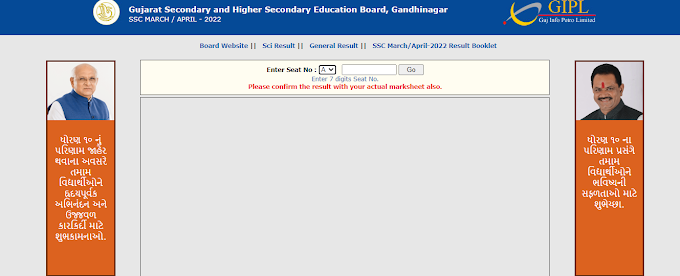ICDS RECRUITMENT FOR ANGANWADI KARYAKAR AND ANGANWADI TEDAGAR FOR ANAND DISTRICT
Integrated Child Development Services (ICDS) scheme is world's largest community based programme. The scheme is targeted at children upto the age of 6 years, pregnant and lactating mothers and women 16–44 years of age. The scheme is aimed to improve the health, nutrition and education (KAP) of the target community. Launched on 2 October 1975, the scheme has completed 25 years of its operational age. The article describes in brief, the organisation, achievements and drawbacks of this national programme. It also suggests various thrust areas for its betterment and further improvement.
DEATILS ABOUT ADVERTISEMENT
TOTAL NUMBER OF TALUKA :- 08
TOTAL NUMBER OF GHATAK :- 16
NUMBER OF ANGANWADI KARYAKAR :- 134
NUMBER OF ANGANWADI TEDAGAR :- 169
Paediatric malnutrition has always been a matter of national concern. The various vertical health programmes initiated by the Government of India (GOI) from time to time did not reach out to the target community adequately. In 1974, India adopted a well-defined national policy for children. In pursuance of this policy it was decided to start a holistic multicentric programme with a compact package of services. The decision led to the formulation of Integrated Child Development Services (ICDS) scheme – one of the most prestigious and premier national human resource development programmes of the GOI.
The scheme was launched on 2 October 1975 in 33 (4 rural, 18 urban, 11 tribal) blocks. Over the last 25 years, it was expanded progressively and at present it has 5614 (central 5103, state 511) projects covering over 5300 community development blocks and 300 urban slums; over 60 million children below the age of 6 years and over 10 million women between 16 and 44 years of age and 2 million lactating mothers [1]. The total population under ICDS coverage is 70 million, which is approximately 7 percent of the total population of one billion.
The main thrust of the scheme is on the villages where over 75 percent of the population lives. Urban slums are also a priority area of the programme.
ICDS: Integrated Child Development Services
ICDS stands for Integrated Child Development Services. It is a popular flagship program of the Govt. of India for all-round development of children. It aims to provide food, preschool education, basic healthcare like immunization, health check-up, and referral services to children under the age of 6 and their mothers.
It is an integrated package of services for the holistic development of the child. This program was introduced in 1975, but discontinued in 1978 and then re-introduced by the Tenth Five Year Plan. The beneficiaries of this program include children in the age group of 0 to 6, pregnant women and lactating mothers.
CLICK HERE FOR MORE DETAILS AND WEBSITE
Objectives of ICDS:
To improve the nutritional and health status of children below the age of 6
To conduct programs for the physical, social, and psychological development of children
To reduce the rate of mortality, illness, child malnutrition and school dropout
To improve the health of the mothers and make them capable of looking after the health and nutritional needs of their children through proper nutrition and health education
Services under ICDS:
The ICDS scheme offers the following services:Basic Nutrition
Pre-school educational
Nutrition and health education
Immunization
Health check-up
Referral services
These services are available at local ICDS centre called Anganwadi, run by Anganwadi workers, the community-based women which are paid for their work. These women are assisted by medical officers, Auxiliary Nurse Midwives (ANM), and Accredited Social Health Activists (ASHAs) to provide immunization, ante-natal, and post-natal care. However, the Ministry of Women and Child Development (MWCD) monitors the ICDS scheme.









THANKS FOR FEEDBACK